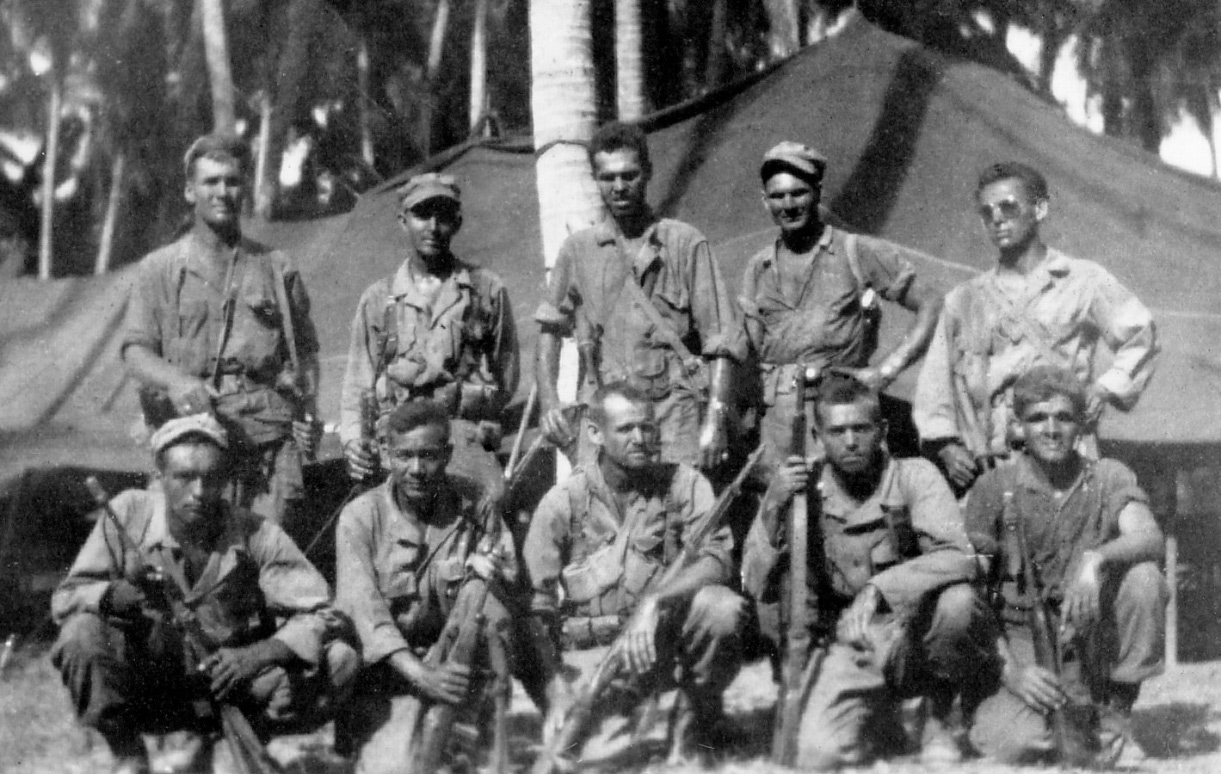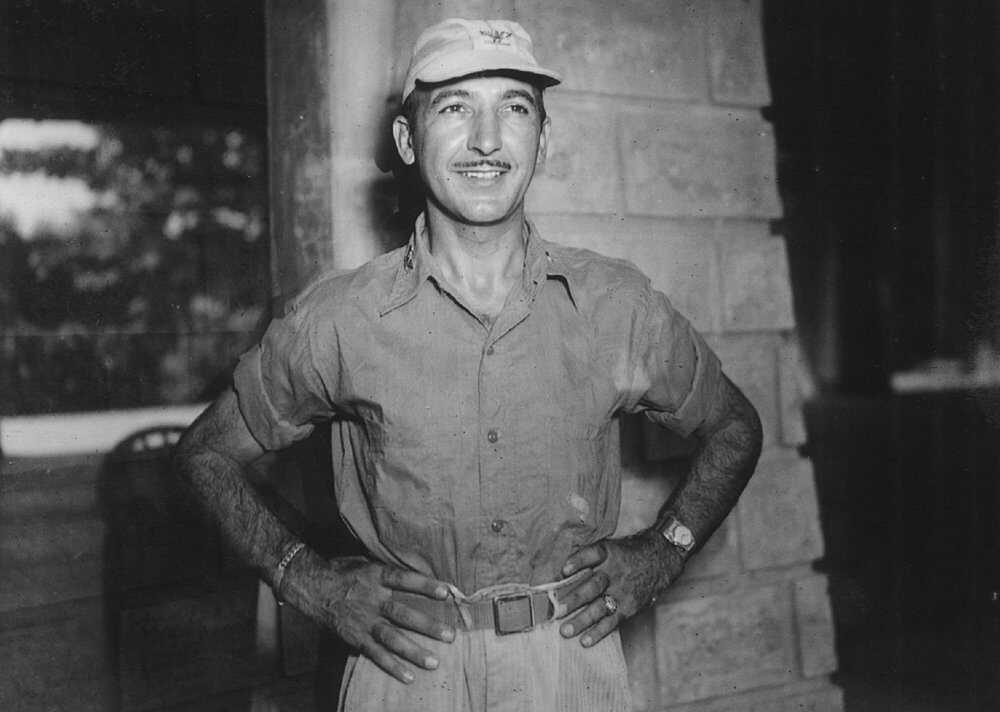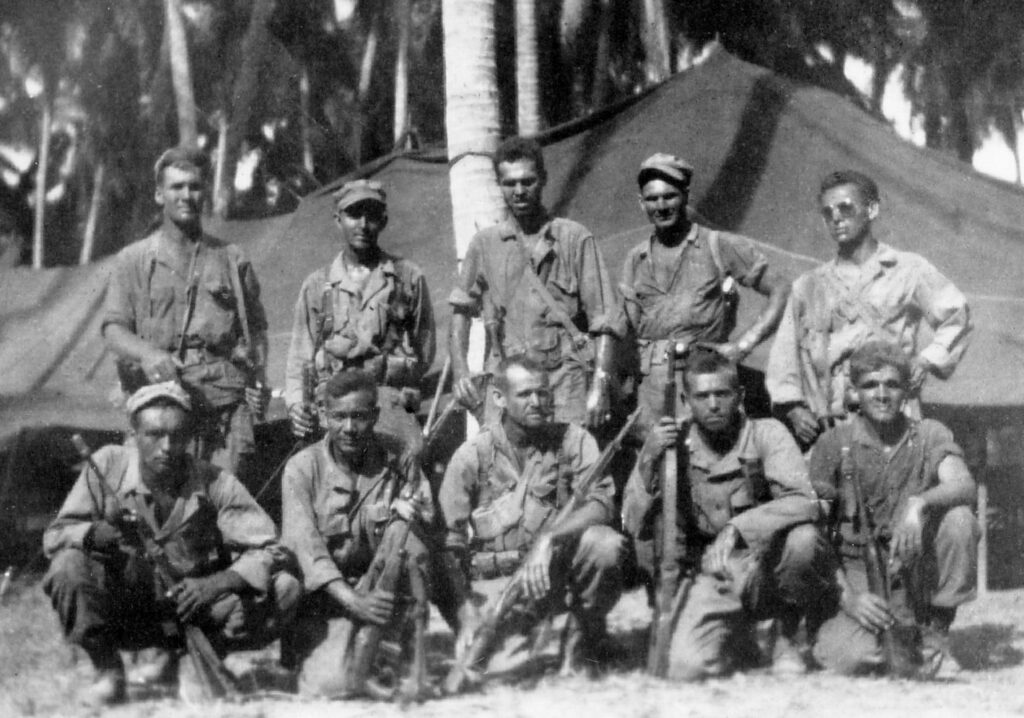
During the liberation of the Philippines, General Walter Kreuger chose Colonel Henry Mucci to head the liberation of the Cabanatuan Prison Camp due to both the difficulty and the peculiar needs of the mission. Learn more about the man who led the most daring raid of World War II.
Who was Colonel Henry Mucci?
Henry A. Mucci was born in Bridgeport, Connecticut, to parents who had emigrated from Sicily, Italy. Two of his brothers served alongside him in World War II, while his sisters worked at the Veterans of Foreign Wars in America and helped the war effort by making bazookas in factories.

“Mucci was so charismatic you couldn’t believe it… If you ever had to go to war, that’s the kind of man you wanted to go with.”
Alvie Robbins, PFC
In February 1943, the U.S. Sixth Army put Mucci in charge of the 98th Field Artillery Battalion, previously a mule-drawn pack artillery unit. Mucci announced that the Battalion was being converted from Field Artillery to Rangers and downsized the Battalion from 1,000 men to 500. He was a man with a vision. For one year, in the mountains of New Guinea, Mucci trained one of the first American special operations fighting forces.
“The Great Raid”
On January 30, 1945, Mucci led 134 U.S. Army Rangers and Alamo Scouts, along with around 280 Filipino guerilla fighters, to successfully executed a raid of a Japanese Prisoner of War camp near Cabanatuan City, Philippines, freeing more than 500 Allied prisoners. It became one of the most successful rescue missions in the history of the U.S. military.

For Mucci’s actions in the raid, he was personally awarded the Distinguished Service Cross by General Douglas MacArthur. When he returned home, he was treated as a national hero in his hometown of Bridgeport, Connecticut. We invite to explore more stories of World War II service members who made an impact at home and abroad.



